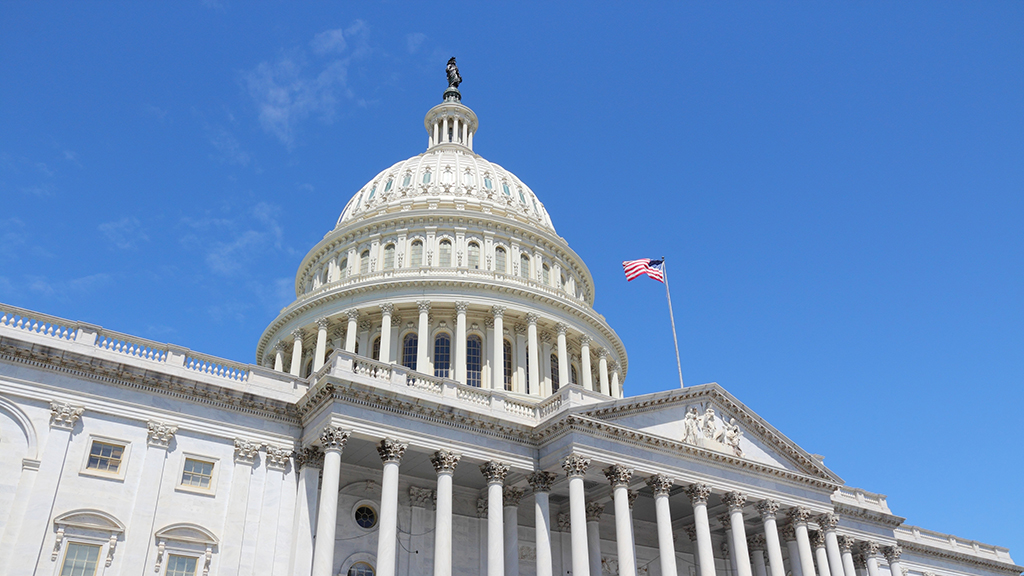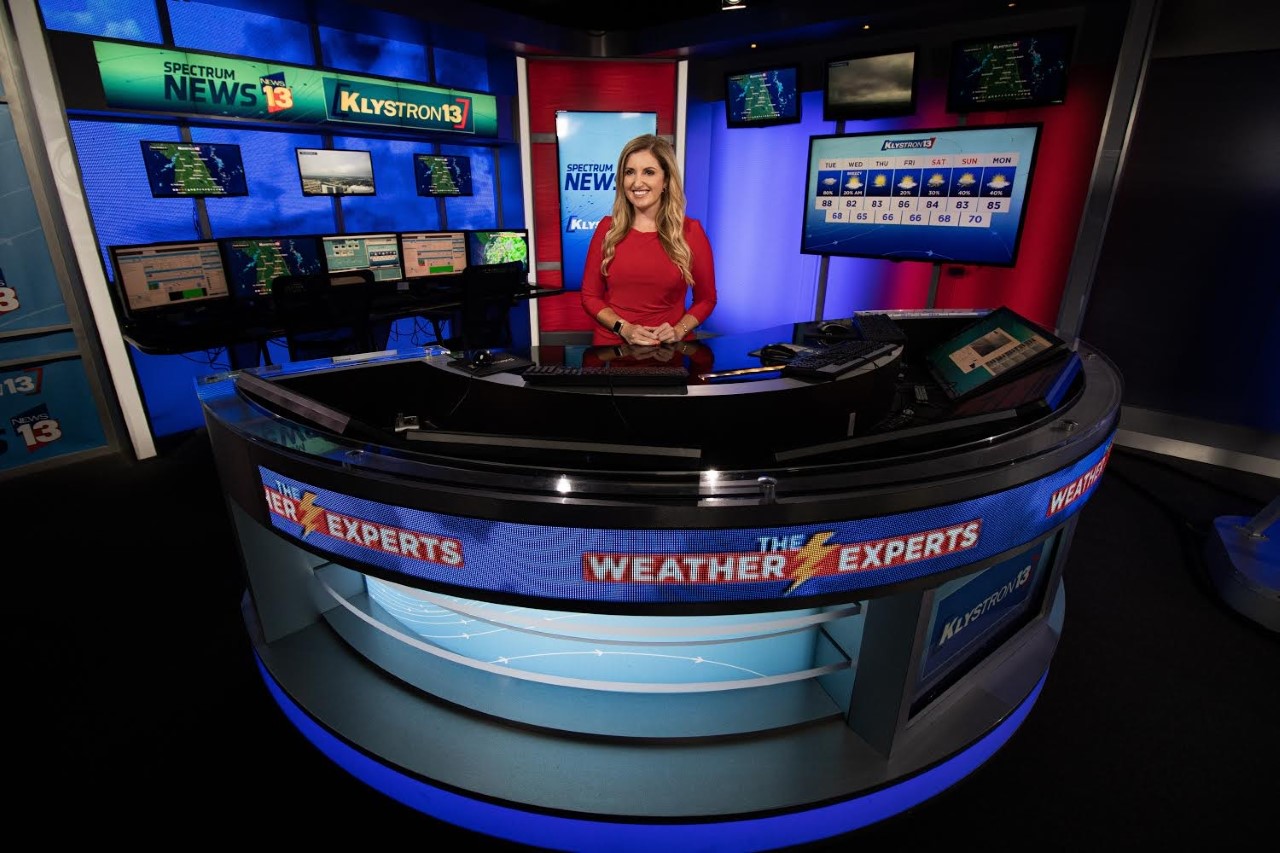Legislative Update
NSTA, CS3, and NSELA Send Letter to Biden Education Transition Team
By Jodi Peterson
Posted on 2020-12-07

Press Release
NSTA Unveils List of the Best STEM Books for K-12 Students
Teaching Through Trade Books
Weather Versus Climate: What’s the Difference?
Science and Children—November/December 2020 (Volume 58, Issue 2)
By Christine Anne Royce
The Poetry of Science
To the Moon With Poetry
Science and Children—November/December 2020 (Volume 58, Issue 2)
By Sylvia Vardell and Janet Wong
The Early Years
Earth & Space Science for Young Learners
Science and Children—November/December 2020 (Volume 58, Issue 2)
By Peggy Ashbrook
Freebies for Science Teachers, December 8, 2020
By Debra Shapiro

Editor's Corner
Why Science Teachers Must Employ Interdisciplinary Science Methods to Save the World
The Science Teacher—November/December 2020 (Volume 88, Issue 2)
By Ann Haley MacKenzie
Right to the Source
“Practical Use” of Volcanoes During Wartime
The Science Teacher—November/December 2020 (Volume 88, Issue 2)
By Kaleena Black
Career of the Month
Meteorologist Maureen McCann
Teacher Spotlight



